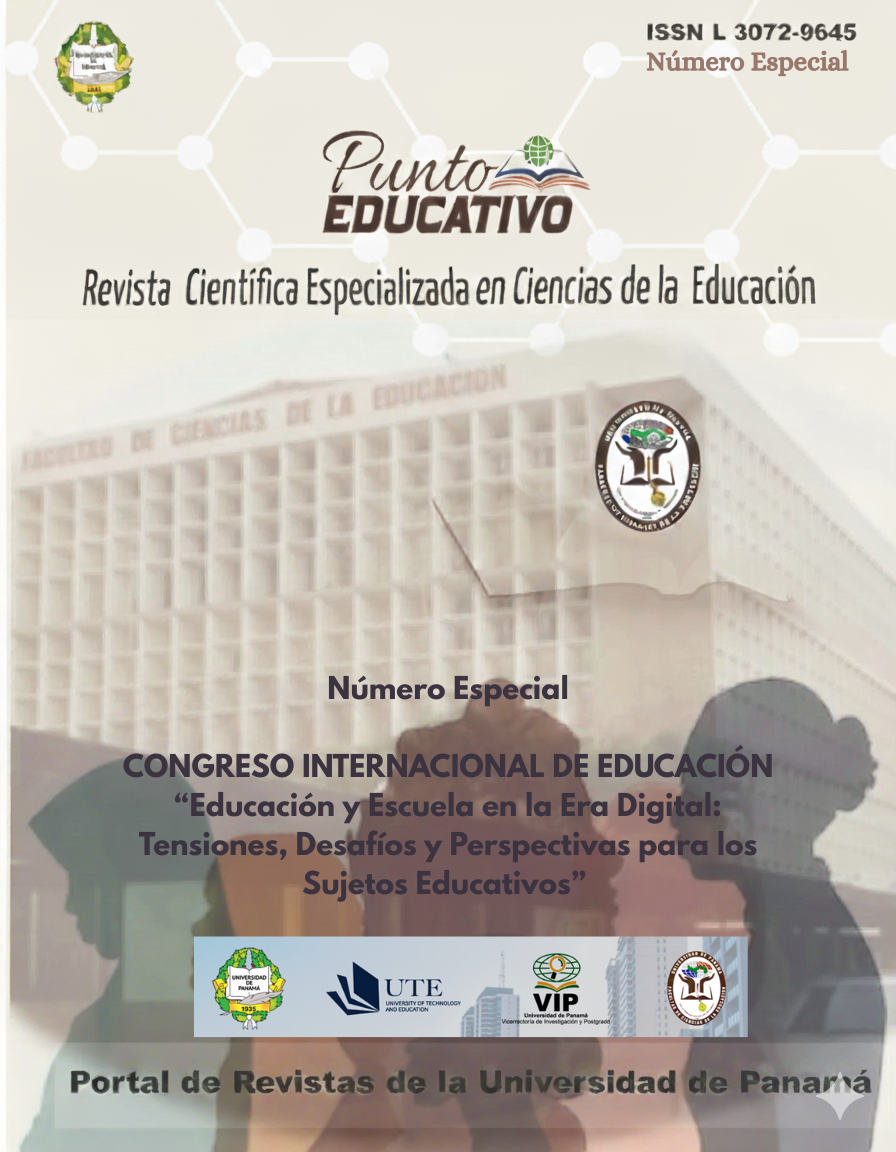

Copyright (c) 2025 Punto educativo

This work is licensed under a Creative Commons Attribution-NonCommercial-ShareAlike 4.0 International License.
This article examines mathematics teaching in rural areas of Santander, Colombia, focusing on the curriculum and contemporary didactics that currently permeate the country. It begins with an analysis of the historical and theoretical context, highlighting how mathematics teaching in these regions has evolved from traditional methods to more modern transversal approaches. This article discusses the importance of contextualizing learning, adapting the curriculum to local realities and the specific needs of rural students and their community. Various educational theories and models are explored with approaches adopted by current educational policies, and are presented as promising strategies to improve the relevance and effectiveness of mathematics education in rural contexts and areas with difficult access. At the level of conclusions, recommendations are presented for educational policies that support the effective implementation of these approaches in rural areas based on an analysis of the advantages and disadvantages of adopting certain educational models, as well as accompaniment to teachers in training programs that take into account the context in which it is situated and the guarantee of access to quality educational resources that allow reducing the gap in academic conditions that exist between rural and urban areas.